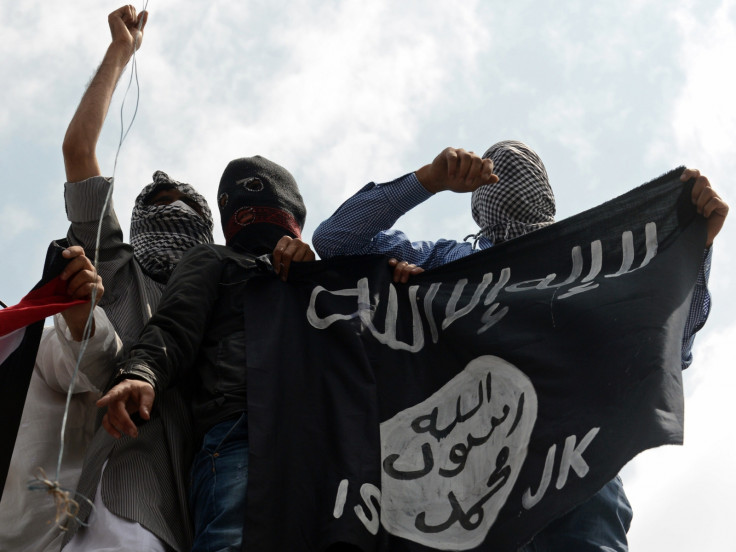Isis: Pentagon convenes secret 'brains trust' to wage ideological war against Islamic State

The US has drawn up a panel of experts from the worlds of business, academia and political analysis in an attempt to understand the ideological pull of Islamic State (Isis), with military and intelligence circles no closer to providing an account of the astonishing international appeal of the jihadist group.
The Pentagon drew together more than three dozen experts for the confidential conferences in August and October.
"We do not understand the movement, and until we do, we are not going to defeat it," said Major General Michael K Nagata in confidential, but not classified, minutes. "We have not defeated the idea. We do not even understand the idea."
Among those who offered their advice are business experts, who analysed the power of the Isis "brand", with its black and white banner now adopted by jihadist organisations worldwide.
While the US claims to have blunted the group's military capacity and halted its expansion with a series of air strikes launched against targets in Syria and Iraq since September, officials believe significant work is needed to understand the organisation on an ideological and psychological level.
One of the topics discussed was how Isis is able to exert power over subjected populations through "psychological tactics such as terrorising populations, religious and sectarian narratives, economic controls", reports the New York Times.
The group's final report is due next month.
Isis has used online mediums to spread its message and publicise its brutal exploits, with propaganda videos spread though channels including Twitter and YouTube depicting mass executions and the groups battlefield escapades.
In 2013, the US State Dept launched the English version of the Think Again Turn Away Twitter feed, actively countering jihadist propaganda and even engaging in online debates with supporters of Isis and al-Qaeda.
© Copyright IBTimes 2025. All rights reserved.





















